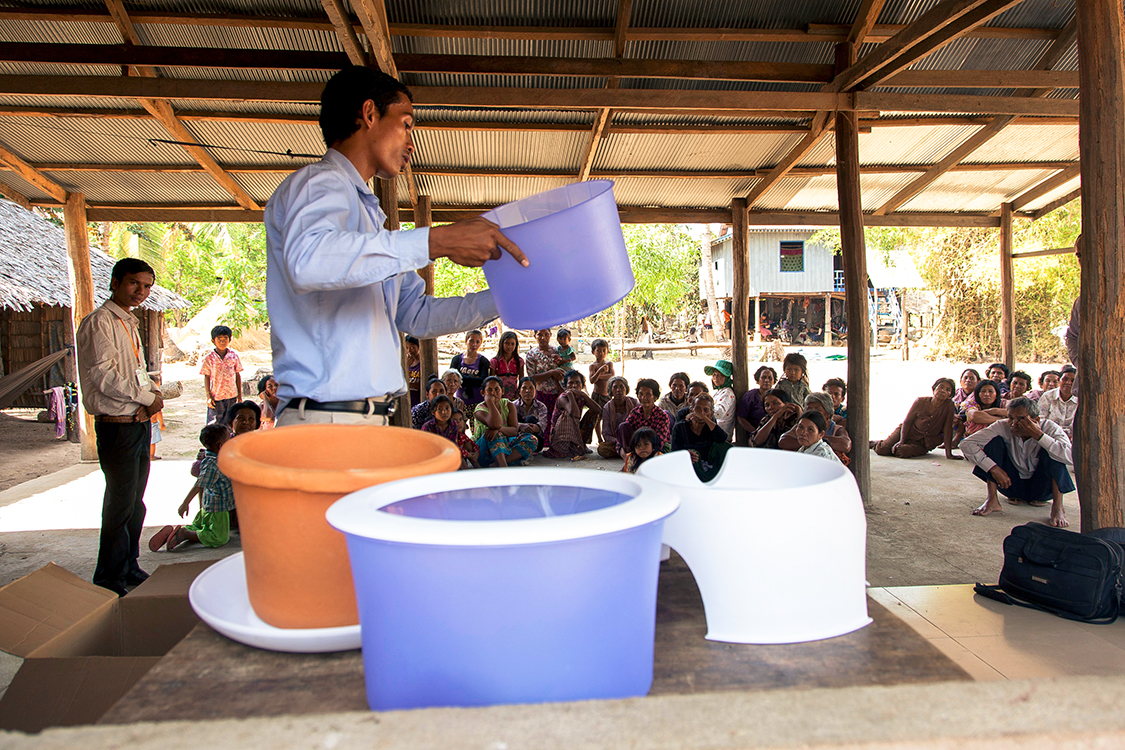Fostering businesses for long-term sustainability

Toward Global Scale
Establishing a social enterprise that fills a missing market gap means that needs can be met now as well as for future generations.
Social enterprise has proven to be a viable solution in filling the supply gap for a market where existing actors have failed to meet social needs. But, starting a social enterprise and funding it until it can establish its profitability remains a serious hurdle for some obvious reasons. For example, the supply gap may exist because the opportunity to make profit is extremely low, requiring an economy of scale that a small business cannot achieve. Building the social enterprise’s ability to meet scale may take years or even a decade.
Social enterprises need to be fostered. They need a steady income stream and support structure that allows them to develop and grow in order to reach profitability. Like a foster parent, the supporting organization may not have birthed the idea of the social organization, but realizes that it has potential and is willing to take it under its wing to give it the chance to grow.

To foster a business takes a different mindset and expectations than a business incubator or business accelerator. An incubator helps a new entrepreneur develop all the necessary components for a business: office space, management training, access to finance, networking opportunities, and marketing assistance. Often, a business accelerator program is specifically time-limited, 6-months on average, and focuses on identifying organizational, operational, and strategic issues that prevents the business from achieving rapid growth.
Social enterprise entrepreneurs tend to be experienced business people with established networks and advanced knowledge on business and marketing concepts. They are well aware of the issues that challenge their business growth and are actively implementing strategies and plans to overcome them.
Fostering a social enterprise means sharing the financial burden until the social enterprise can fend for itself. A business foster organization can also help supply expert advice and assistance. For example, when iDE was cultivating its water filtration social enterprise, Hydrologic, in Cambodia, the Stone Family Foundation not only provided funding but also advice from their experience in similar situations elsewhere.
By fostering social enterprise, a funder can ensure that their investment lasts for far longer than if the money had been used for a one-time program. Establishing a social enterprise that fills a missing market gap means that not only current needs can be met, but also the needs for future generations.

